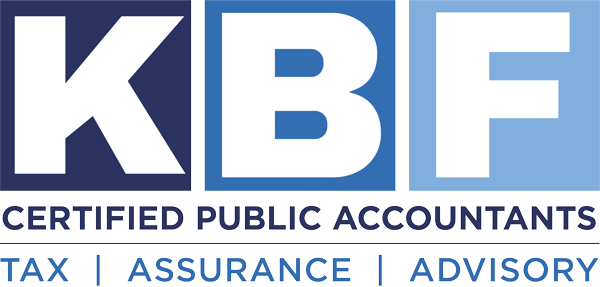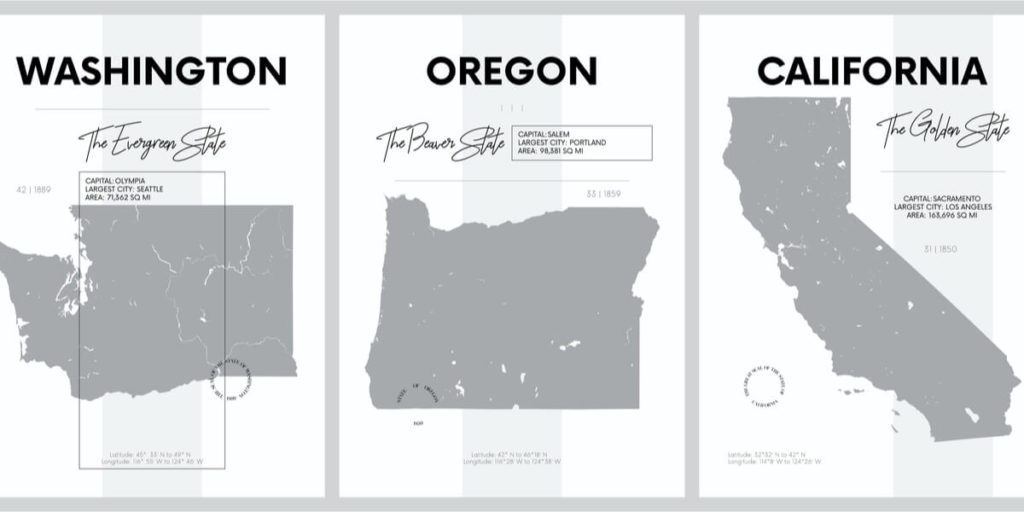COVID-19
COVID-Related Tax Relief Act of 2020 Implications When Reevaluating Year-End Valuation Allowance for Deferred Tax Assets
As the calendar year comes to an end, companies are scrambling to finish their year-end tax planning. Assessing valuation allowances for deferred tax assets (DTAs) is complicated and requires a lengthy process to ensure accuracy. This year, valuation allowances have been difficult to evaluate. The global pandemic, the CARES Act, and now the COVID-Related Tax…
Read MoreCurrent COVID-19 Related Tax Guidance for Oregon, Washington, and California
Working remotely has become the new normal for many employees on the West Coast. Although many employees enjoy the convenience of working remotely, both employees and employers need to consider the tax implications of having employees working in states where the business previously had no presence. For employees who reside in one state but are…
Read MoreTemporary California Net Operating Loss Suspension Signed into Law
History California has at times either restricted the ability of individuals and corporations to utilize the full carryover amount of net operating losses (“NOLs”) or completely suspended net operating loss deductions for business entities and individuals with business income in response to facing budgetary constraints. For example, in response to the global mortgage crisis that…
Read MoreUPDATE: Portland Metro Council Votes to Refer Payroll Tax to November Ballot
On July 16, 2020, the Portland Metro Council unanimously voted to send a $7 billion transportation plan to the November ballot. This tax will impose a payroll tax on employers for individuals who perform services in the Metro Area. The rate will not exceed 0.75% of wages paid by the employer, and employers with 25 or…
Read MoreDetermining the Accounting for Loans Under the Payroll Protection Program
The question has arisen regarding how to account for loans received by companies under the Payroll Protection Program (“PPP”) of the CARES Act as there are no accounting standards specific to government assistance received in this form. In the absence of standards specific to a transaction, Accounting Standards Codification (“ASC”) 105-10-05 directs a company to…
Read MoreTreasury Provides Welcome Grace Period and Transition Relief from Repeal of the “338 Approach” to Recognition of Built-in Gains (but the clock is ticking)
On January 14, 2020, the IRS and Treasury provided partial relief from their earlier announcement of the repeal of a highly favorable method of increasing the Section 382 limitation on the use of net operating losses and other tax attributes of a target by an acquiring company. Those rules have been a staple of the…
Read MoreCompanies Continue to Evaluate APB 23 Benefits After Tax Reform; Impact of COVID-19 Related Repatriations on the Indefinite Reinvestment Assertion
The general comprehensive rule for providing deferred taxes on book-tax basis differences under ASC 740-10 requires companies to record a deferred tax liability (DTL) for any GAAP outside basis in their foreign subsidiaries in excess of their tax basis. ASC 740-30-25-3 provides a rebuttable presumption that all offshore earnings contributing to the basis difference will…
Read MoreIRS Issues Flexible Guidance on QIP, bonus depreciation and other favorable elections under CARES Act
On April 17, 2020, the IRS released Revenue Procedure 2020-25 (the “Rev Proc”), which provides guidance to enable taxpayers to accelerate their cost recovery of qualified improvement property (QIP). This guidance comes in response to Congress’ enactment of the Coronavirus Aid, Relief, and Economic Security (CARES) Act, which includes a technical correction to the recovery…
Read More







